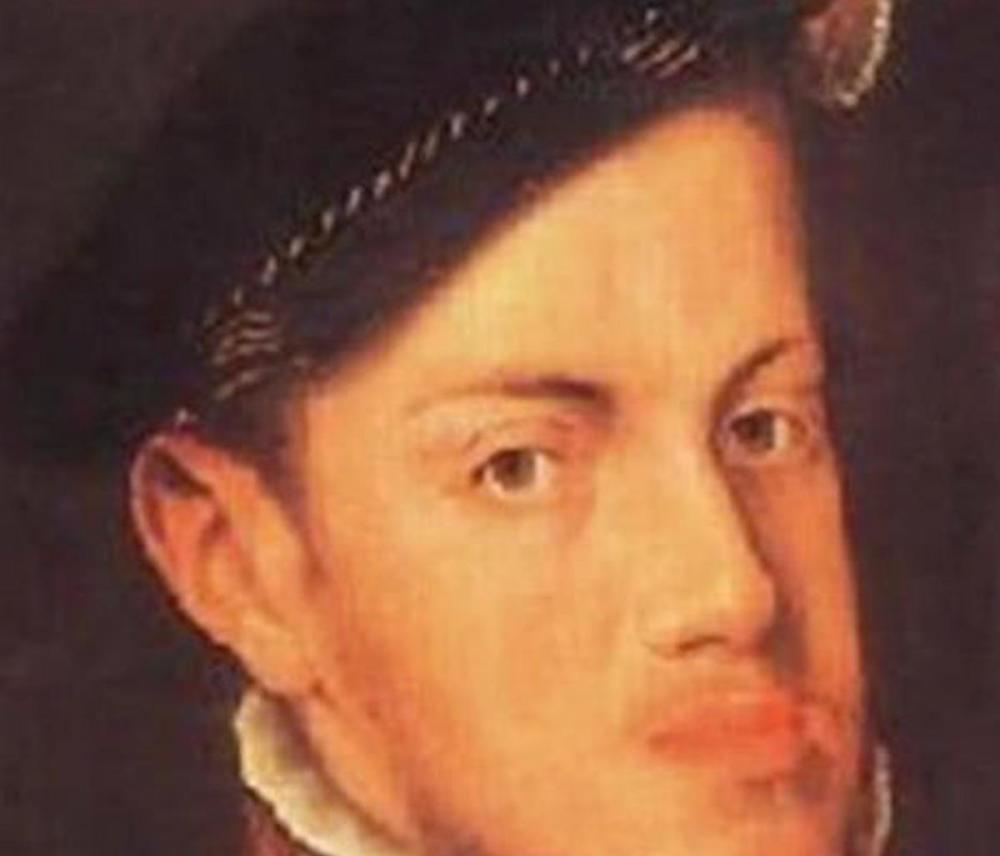The dangers of intermarriage between close relatives need not be repeated, but many of the powerful in ancient history did so, believing that only in this way could their superior lineage be guaranteed, and the Habsburgs in Europe followed this deeply. They consider their family's thick lips and shoehorn face shape to be symbols of their bloodline. But what they don't know is that their intermarriage of close relatives can trigger an all-out war.

The roots of this war were in the Habsburg dynasty in Spain, which had been intermarriing with the Habsburgs in Austria in order to ensure the purity of their bloodlines, and the intermarriage of two families of the same origin brought offspring not only the shape of their proud faces and mouths, but also countless genetic diseases.
King Carlos II of Spain, who was born in a close marriage, inherited a series of diseases from the Spanish and Austrian Habsburg families, and even suffered from a variety of terminal illnesses. Carlos II, who was frail as a child, failed to see the strength of Spain and died in 1700.
Carlos II died without any heirs, which meant that the Spanish dynasty had no successor and the entire royal family would be left behind. However, Carlos II also considered this problem before his death, and in order to ensure the incense of the Spanish royal family, he chose his sister's grandson to inherit the throne in the edict to ensure the continuation of the Habsburg dynasty. As for Spain's territory and overseas colonies, of course, they were also handed over to the grandnephew of the French royal family.
Even so, there is an important problem that is a nuisance. It was the sister's grandson who was the grandson of the king of France at that time, which made many Spaniards uneasy. Although Carlos II demanded in his edict that Spain could not merge with France under any circumstances, the succession of members of the French royal family to the Spanish throne caused concern in most European countries.
Just after the death of Carlos II, as the King of France declared his grandson king of Spain and led the French army to invade the territories belonging to the Kingdom of Spain, something that the European countries feared happened - France was strengthening its European position.
If no other country stops it, France will inevitably eat away at all of Spain, and then France will once again dominate the entire European continent, leaving other countries living in France's shadow, which will obviously prevent the expansion of the British Empire. So, Britain directly united the Netherlands and Austria, supporting members of the Austrian Habsburg family to inherit the Spanish dynasty.
The Austrian Grand Duke Leopold I, who was also Emperor of the Holy Roman Empire, believed that Carlos II's sister had promised himself and his descendants to renounce the right to inherit the Spanish dynasty when she married france. So Leopold I thought his son was better suited to inherit the Spanish throne.
In the dispute over the throne, in order to avoid the dominance of the French family. Britain united Austria, the Netherlands, Prussia and Portugal, as well as other countries and regions, to form an anti-French alliance. Spain, as well as a very small number of other countries and regions, are allied with France. The two sides fought a war that swept across Europe that year.
The war as a whole lasted nearly 14 years, although it was the French and Spanish sides that were ultimately victorious. But the war also cost Spain dearly, the Spanish navy was completely wiped out, the national strength was completely weakened, and France no longer had the strength to dominate Europe.